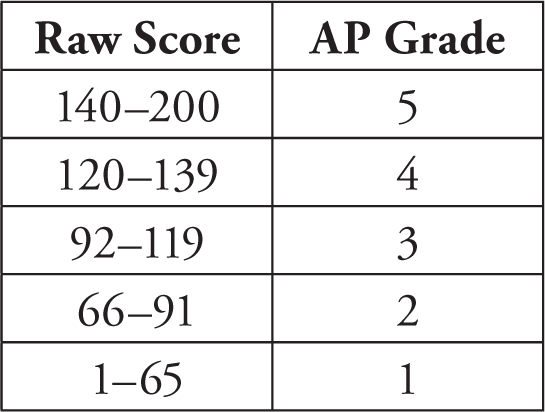

Īdditionally, College Board will be providing a free distance learning curriculum by livestreaming AP review lessons on YouTube. Students may use any class notes or other non-human resources for the exam. One major change to the AP exam is that the tests will be completely open-note. College Board also put out new testing dates for the AP exams. The updates includes more information on the format and structure of the exam. On April 3, 2020, College Board announced more details in regards to specific AP tests. Any student already registered for an exam could choose to cancel at no charge.

The exams would be 45 minutes long with an online testing version for at-home exams. On March 20, College Board announced changes to the spring 2020 exams due to the impact of COVID-19 on school closings. The AP Grades that are reported to students, high schools, colleges, and universities in July are on AP's five-point scale: However, there are some exams that are exceptions to this rule of thumb. Usually, a 70 to 75 percent out of 100 translates to a 5. No one outside of ETS is allowed to find out a student's raw score on an AP Exam and the cutoff scores for a particular exam are only released to the public if that particular exam is released in total (this happens on a staggered schedule and occurs approximately once every five to seven years for each exam). The Chief Reader's decision is based upon what percentage of students earned each AP Grade over the previous three years, how students did on multiple-choice questions that are used on the test from year to year, how he or she viewed the overall quality of the answers to the free response questions, how university students who took the exam as PART A experimental studies did, and how students performed on different parts of the exam. The Chief Reader (a college or university faculty member selected by the Educational Testing Service and The College Board) then meets with members of ETS and sets the cutoff scores for each AP Grade. When the AP Reading is over for a particular exam, the free response scores are combined with the results of computer-scored multiple-choice questions based upon a previously announced weighting. The AP exams are graded each summer at a week-long "grading camp." Both high school AP teachers and university professors are invited to grade the exams at a predetermined location. Rather, the students' results guide the grading rubrics and the scale for the "AP Grades" of each exam. The exams themselves do not grade the students' mastery of the course material in a traditional sense. The 2020 exams were taken as 45-minute online at-home exams due to the COVID-19 pandemic. The exams were given nationally for the first time in May 1956, and students could take whichever tests they wanted for a single $10 fee. In 1955, the College Board assumed leadership of the program and testing, deciding on curricula and pedagogical approaches, while retaining ETS to design and score the tests. The first Advanced Placement exams were administered in 1954 by the Educational Testing Service (ETS) to students limited to 27 schools participating at that time. Part of the rationale for advanced placement given in 1952 was that "advanced standing at the normal college-entering age after high school graduation is more desirable, for many reasons, than acceleration of able students out of high school at age 15½ or 16.". The AP exams grew out of programs initiated in 1951.
#Ap calc score apcalculator series
Exams offered by College Board culminating Advanced Placement courses This article is part of a series onĪP exams were taken by subject in 2013.


 0 kommentar(er)
0 kommentar(er)
